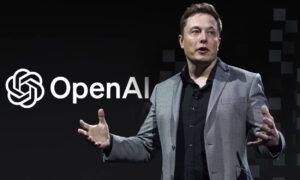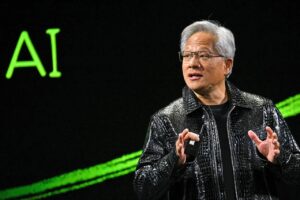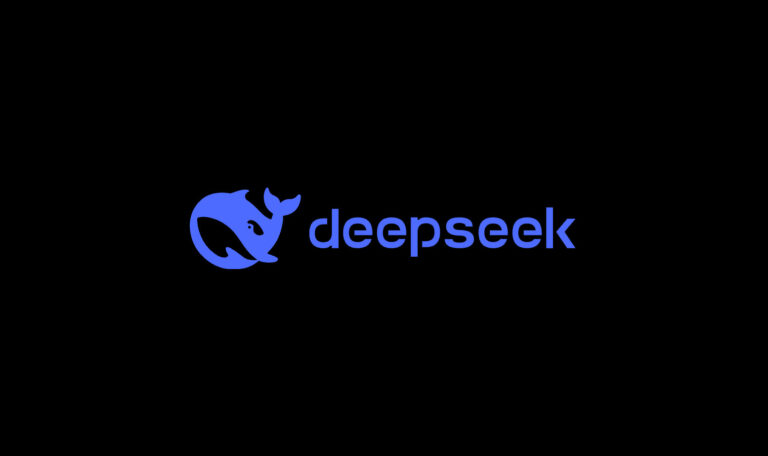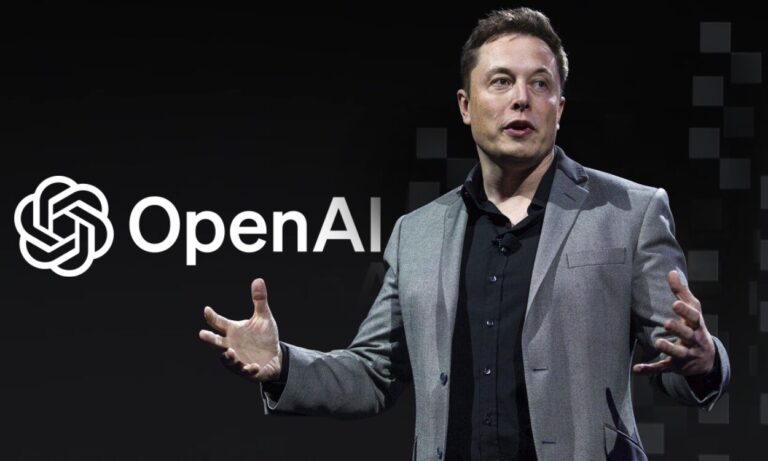- Informational Power of AI: The comparison of AI to the power of the atom in the 20th century is intriguing. It underscores the transformative potential of AI, not just as a tool but as a force shaping decision-making on a massive scale.
- Responsibility and Safeguards: The call for responsibility in deploying AI reflects the growing awareness of the technology’s impact. The emphasis on safeguarding against unintended consequences suggests a recognition of the ethical considerations surrounding AI.
- Accessibility and Equity: The concern about AI services being accessible to all, especially vulnerable populations, is crucial. It raises questions about the potential for AI to either exacerbate existing inequalities or serve as a tool for leveling the playing field.
- Workforce Impact: Acknowledging that the impact on the workforce will result from human decisions rather than the technology itself highlights the importance of proactive measures. The emphasis on retraining and education signals a need for strategic planning to navigate the evolving job landscape.
- Government’s Role: The discussion around President Biden’s executive order indicates a recognition of the role governments play in shaping AI development and deployment. The focus on effective implementation and the necessity of technical expertise underscores the complexity of governing AI.
- Private Sector Challenges: The events at OpenAI bring attention to the challenges in the governance structures of organizations involved in AI development. The tension between mission-driven goals and practical considerations suggests an ongoing struggle to align values with real-world demands.
- Open Access Debate: The ongoing debate about whether AI should be open access reflects the delicate balance between transparency and potential risks. Finding middle-ground solutions, such as making models available for evaluation without public release, underscores the need for nuanced approaches.
- Democratic Decision-Making: The idea of using democratic tools to make collective decisions on AI aligns with the importance of considering diverse perspectives. It emphasizes the need to involve the broader public in shaping policies that govern AI technologies.
In summary, the challenges and opportunities presented by AI require a thoughtful, multidimensional approach. Balancing technological advancements with ethical considerations, ensuring accessibility, and involving the public in decision-making are critical aspects for a responsible and equitable AI future.












